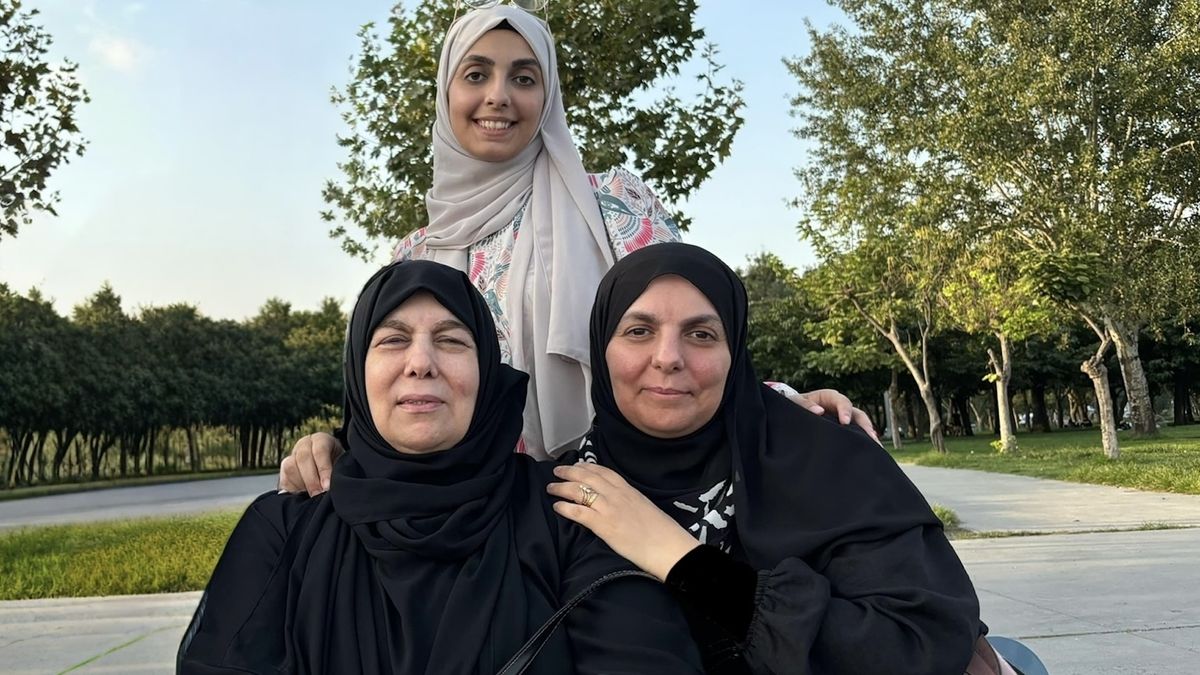Epigenetic 'scars' of trauma pass through generations, study of Syrian refugees finds

```html
Inherited Scars: How Trauma Echoes Through Generations
The Ripple Effect of Stress
Imagine experiences so powerful, they leave a mark not just on you, but on your children, and even your grandchildren. This isn't science fiction, but the emerging field of epigenetics. It explores how markers on top of our DNA shift throughout our lives, influenced by our environment and experiences, and can even be passed down through generations. These markers don't alter our genetic code itself, but they fine-tune how our genes are expressed.
While research has shown how stress can tweak these epigenetic markers in individuals, a groundbreaking new study published in Scientific Reports reveals a startling discovery: the epigenetic signatures of trauma can reverberate through multiple generations.
A Multigenerational Study of Syrian Families
Led by molecular biologist Rana Dajani of Hashemite University in Jordan, an international team of researchers embarked on a first-of-its-kind study. They focused on three generations of Syrian families who endured both the horrors of the 1982 Hama massacre and the 2011 Syrian uprising.
"This is an interesting and fascinating study that emphasizes the importance of considering how traumatic experience can have an impact across multiple generations," noted Michael Pluess, a developmental psychology researcher at the University of Surrey in the U.K., who was not involved in the study.
A Decade of Dedication and Discovery
Dajani, driven by both her scientific curiosity and her heritage as the daughter of a Syrian refugee, recognized a unique opportunity to explore epigenetic inheritance in the context of trauma. Partnering with anthropologist Catherine Panter-Brick from Yale University and epigeneticist Connie Mulligan from the University of Florida, they embarked on a decade-long journey.
Building trust with the families was paramount. Dajani and her co-author, Dima Hamadmad, also a daughter of Syrian refugees, connected with families worldwide, sharing the science behind the study and ensuring they felt empowered by their participation.
Unveiling the Epigenetic Marks of Trauma
After seven years of meticulous work, collecting cheek swabs from three generations of women across different exposure groups (direct trauma, prenatal exposure, and a control group), the results began to unfold. Twenty-one distinct epigenetic changes were identified specifically in those directly exposed to trauma. Another fourteen changes appeared unique to grandchildren of grandmothers exposed to trauma while pregnant.
Intriguingly, many of these changes, typically involving the addition or subtraction of methyl groups from DNA, occurred in the same direction across the different trauma types, suggesting a potential common epigenetic signature of violence across generations.
The Mystery of Accelerated Epigenetic Aging
A further compelling finding revealed that children exposed to trauma in the womb appeared epigenetically "older" than their chronological age. This phenomenon, known as accelerated epigenetic aging, has links to various health issues. While further research is needed to understand this correlation fully, epigeneticist Connie Mulligan suggests that the intense developmental stage during gestation might make the fetus particularly vulnerable to the effects of trauma.
Implications for Human Health and Resilience
While the exact biological consequences of these epigenetic signatures remain unclear, researchers are optimistic about their potential implications. Mulligan theorizes that these marks could represent an adaptive mechanism, enhancing resilience to future stressors.
Beyond the scientific implications, this study offers a powerful message of hope and resilience. Dajani reflects on the enduring strength of the human spirit, emphasizing the capacity to thrive despite inherited trauma.
“We can use this framing to go from victimhood and vulnerability to agency and adaptability,” she says. “We can propose that our discovery is proof that humans inherit this adaptability so that they can cope with future unpredictable environments.”